In the fascinating world of fungi, there exists a hidden gem that holds remarkable potential for human health and well-being: mushroom mycelium.
Often overshadowed by conversations around its fruiting bodies (which we commonly recognise as mushrooms), mycelium serves as the unseen network of roots that underpins the entire fungal kingdom.
What is the mushroom mycelium?
Mushroom mycelium, often referred to as its ‘roots’, consists of a vast network of thread-like structures called hyphae. These microscopic filaments weave their way through soil, wood, or other substrates, facilitating nutrient absorption and decomposition.
While the fruiting bodies of mushrooms may be the most visible and recognisable aspect of fungi, it is the mycelium that serves as the life force and metabolic powerhouse of the organism.
What compounds does it have?
Mushroom mycelium possesses an impressive array of nutrients and bioactive compounds that contribute to its health-promoting properties. Rich in polysaccharides, beta-glucans, proteins, vitamins, and minerals, mycelium boasts a nutritional profile as valuable as its fruiting counterparts.
Additionally, compounds such as ergosterol and ergothioneine that are only found in the mycelium, have been studied for their antioxidant, anti-inflammatory, and immune-modulating effects.
Health benefits of mushrooms and their mycelium
The consumption of mushroom mycelium has been associated with a wide range of health benefits, owing to its unique composition and bioactivity. Here are some of the notable advantages:
-
Gut Support: Turkey Tail mushroom contains beta-glucans and other immune-modulating compounds that can boost the body’s natural defences and promote better gut health.
-
Brain Power: Lions Mane’s mycelium has garnered attention for its potential cognitive-enhancing properties. Studies suggest that compounds found in Lion’s Mane may promote nerve growth factor (NGF) production, which could support brain health and cognitive function.
-
Better Rest: Reishi mushroom is renowned for its adaptogenic properties, helping the body adapt to stress and promoting a sense of calm.
-
Digestive Health: Mycelium contains prebiotic fibres and enzymes that support gut health and digestion. By nourishing beneficial gut bacteria and aiding in nutrient absorption, mycelium can contribute to a healthy digestive system.
Why do other brands leave out the mycelium?
Australian Coffee + Lions Mane MushroomA powerful supplement for your health and wellness. Order Now |
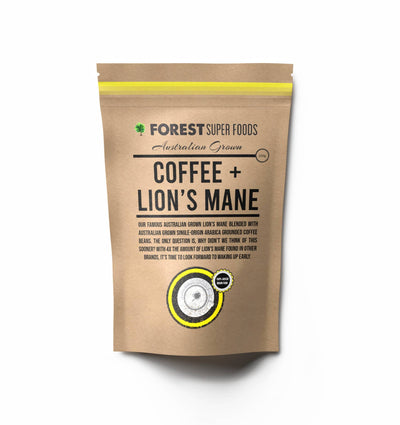
|
Frequently Asked Questions
What does Lion's Mane do for the body?
Lion's Mane (Hericium sp.) is a functional mushroom traditionally consumed as part of a healthy diet. It is valued for its unique nutritional profile and is often chosen to support overall wellbeing, productivity, and mental clarity.
Is Lion's Mane legal in Australia?
Yes, Lion's Mane is completely legal in Australia.
What are the side effects of Lion's Mane?
Lion's Mane is generally well tolerated, but some people may experience mild digestive upset or skin irritation. As with any supplement, it's best to consult your healthcare provider if you have allergies or are taking any regular medications.
Which is better – Lion's Mane or Ashwagandha?
It depends on your goal. Lion's Mane is valued for its role in focus, mental clarity, and reducing brain fog while Ashwagandha is great for reducing stress and anxiety to support a calmer mood.
Will Lion's Mane make me sleepy?
Lion's Mane is not a sedative and typically won't make you feel drowsy — in fact, many people report enhanced mental clarity and alertness when taking it.
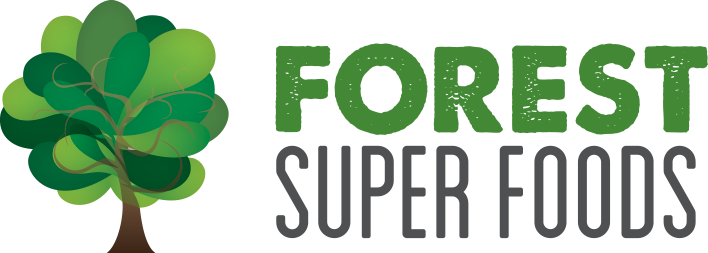


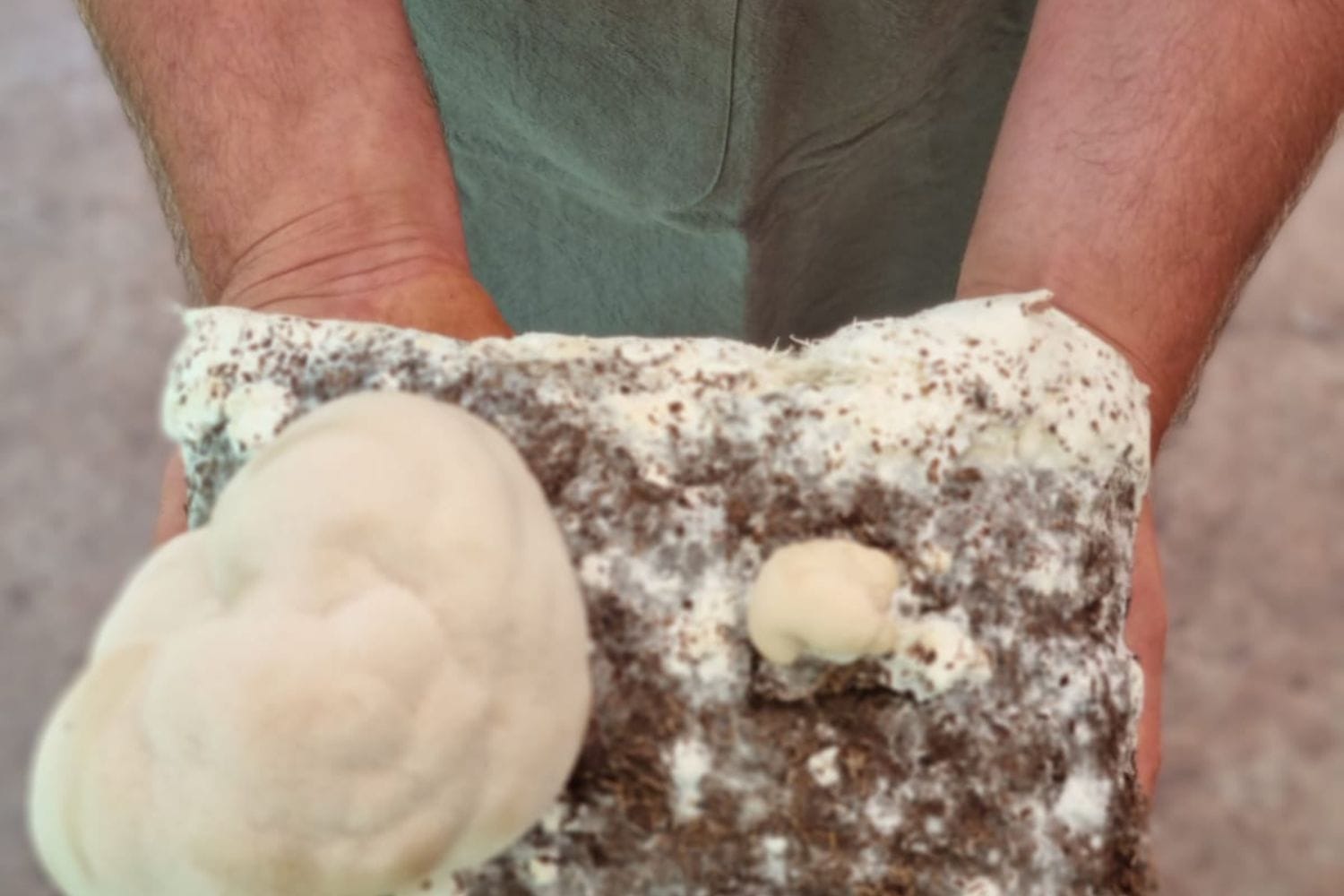


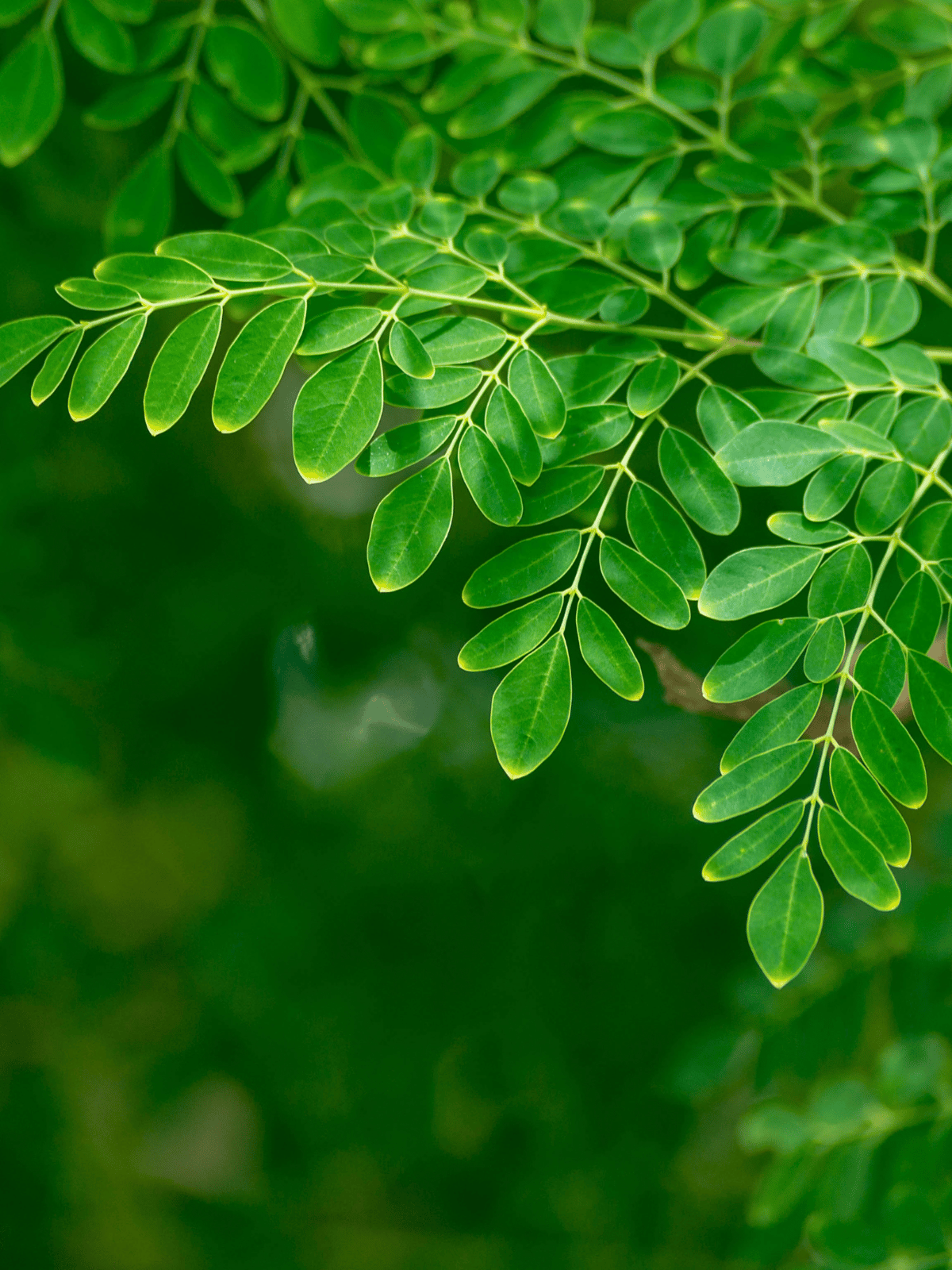
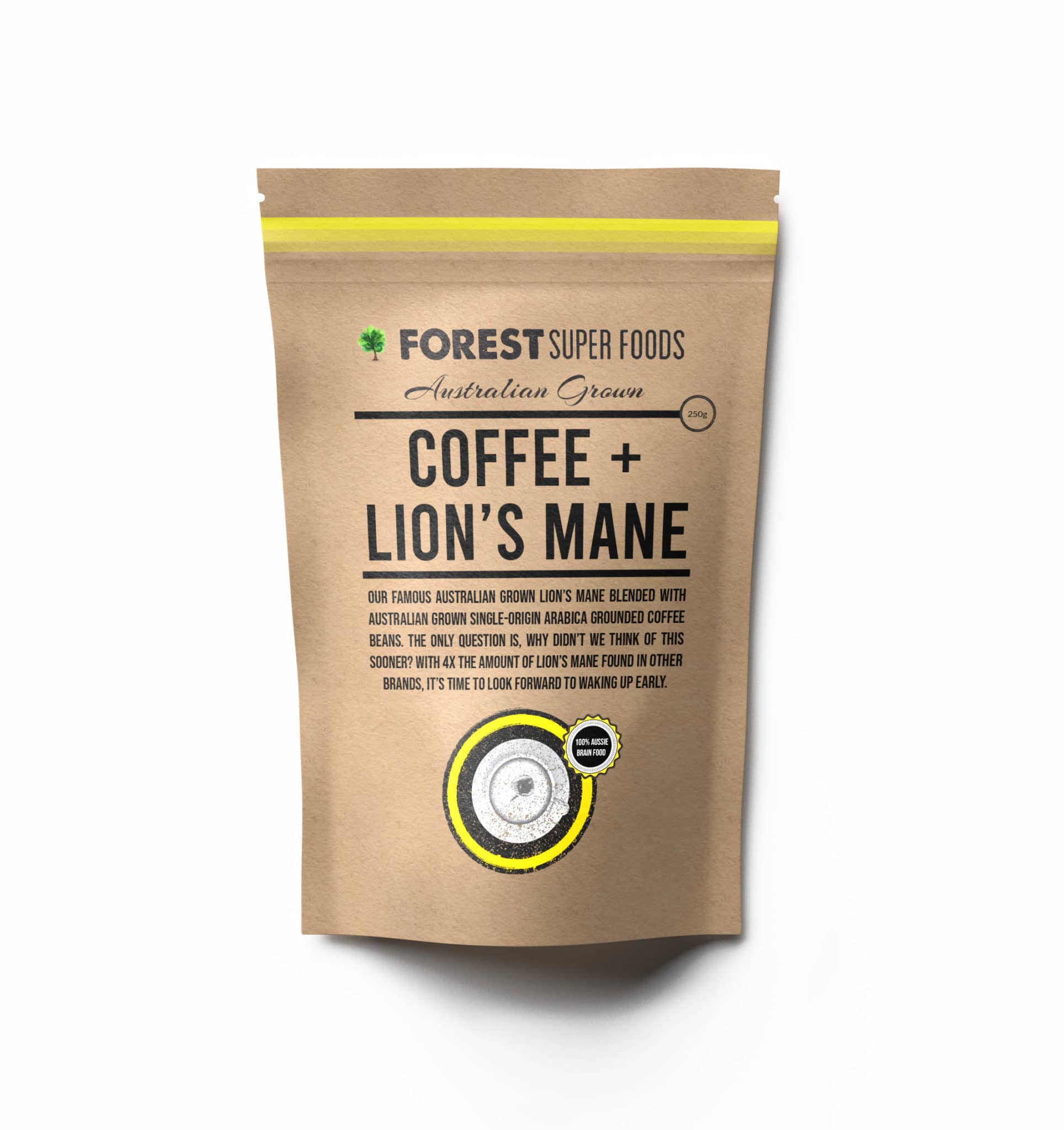
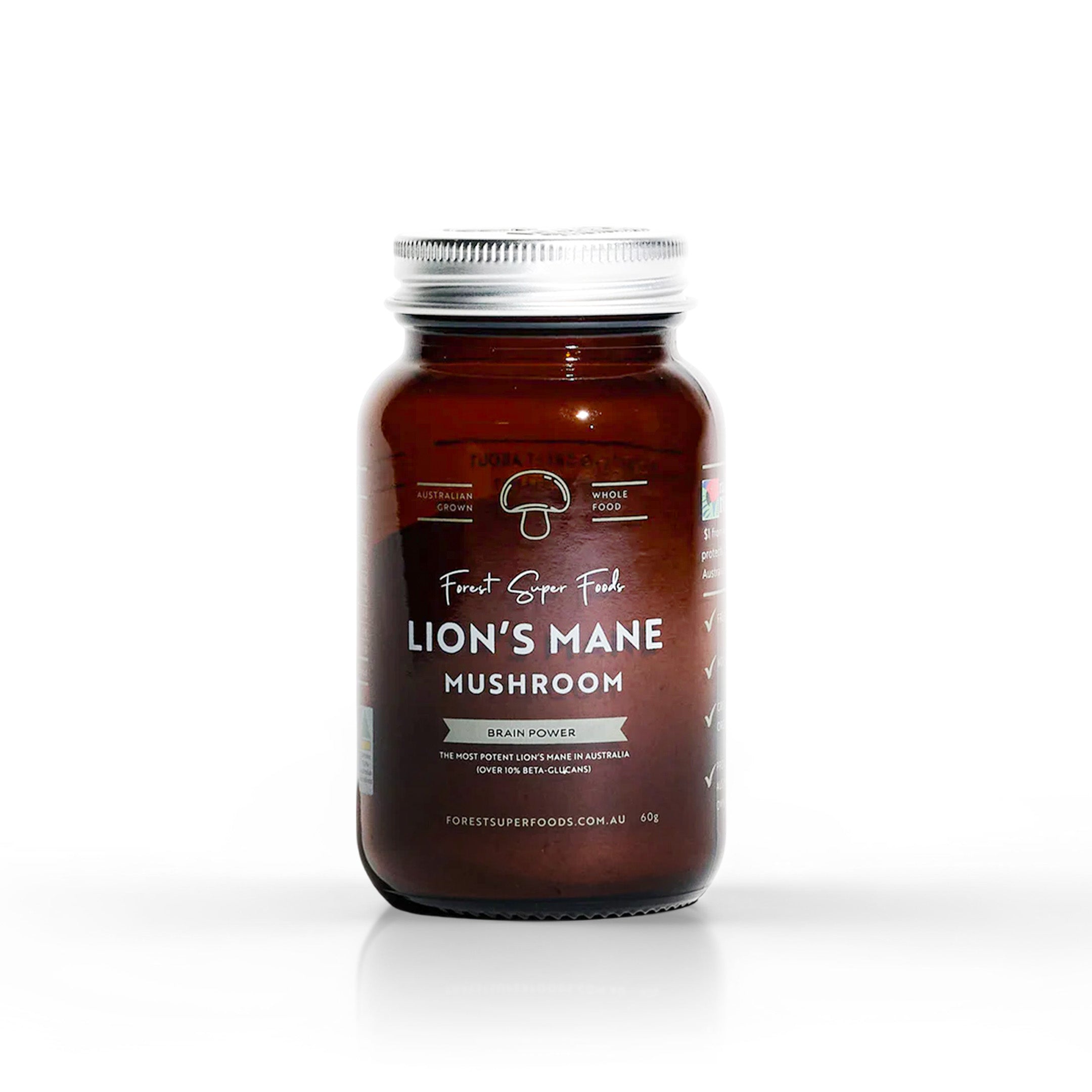
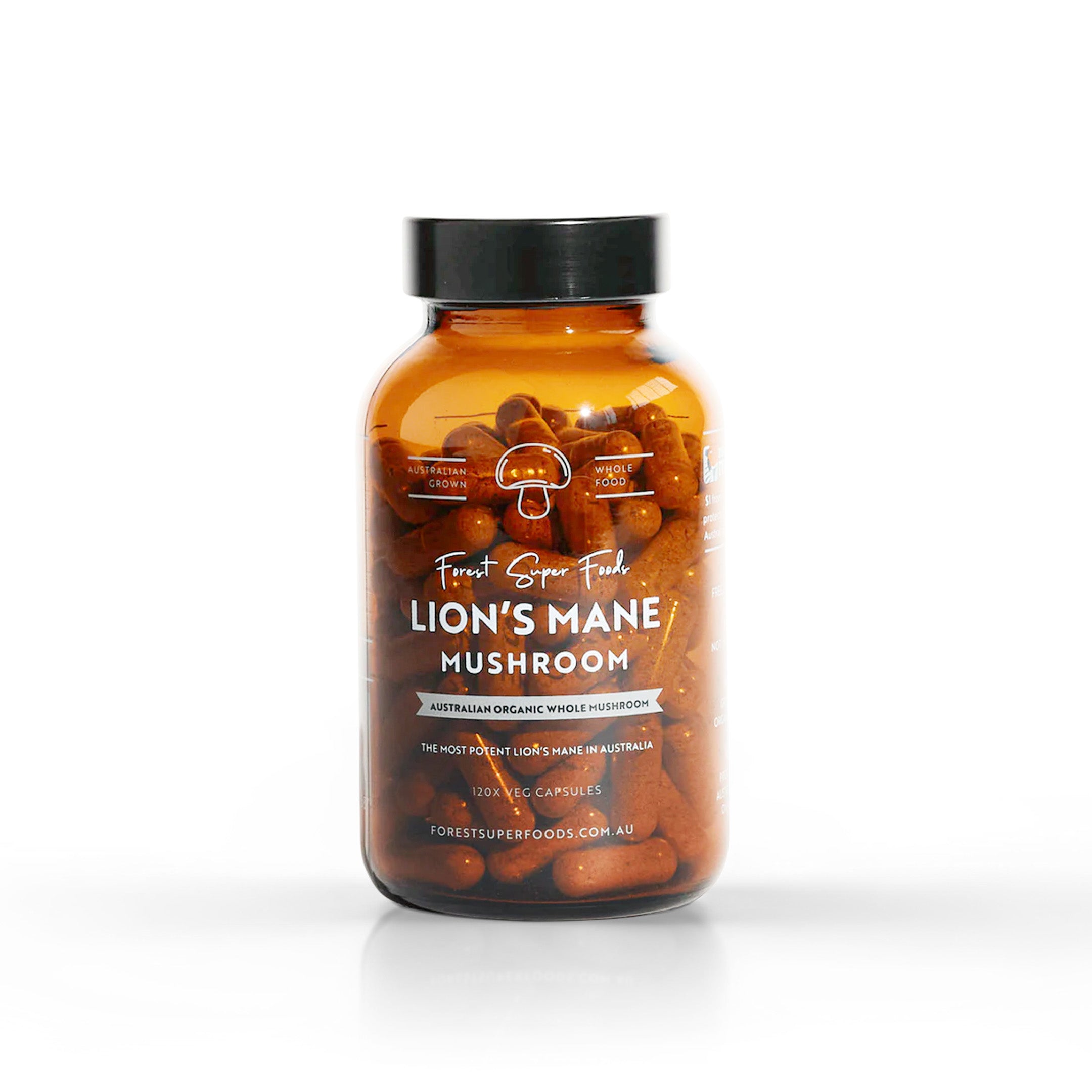
Leave a comment
All comments are moderated before being published.
This site is protected by hCaptcha and the hCaptcha Privacy Policy and Terms of Service apply.